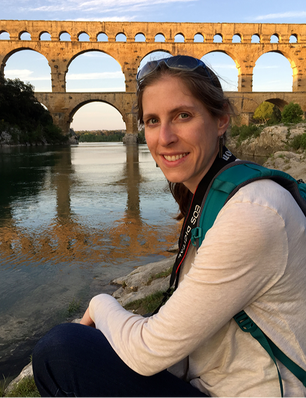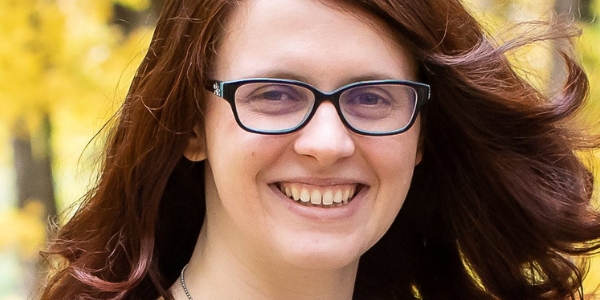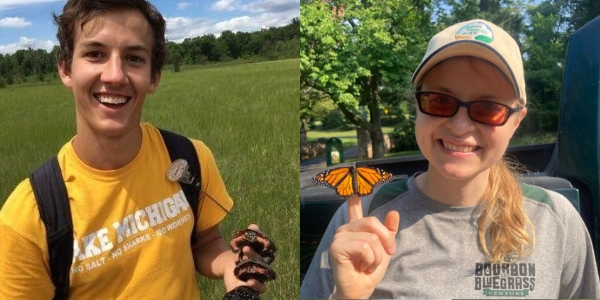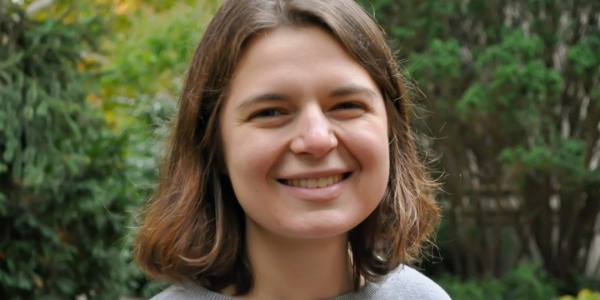NSF grant to create an accessible supercomputer
Although the phrase "high-performance computing" traditionally conjures images of a computer scientist more so than a social scientist, the reality is that many diverse areas of research benefit from access to the advanced computational capacity offered by a high-performance computing center (HPCC).
The National Science Foundation has awarded a $399,865 Campus Cyberinfrastructure Planning Grant to Michigan State University to enable researchers from diverse academic backgrounds to utilize the campus HPCC facilitated by the Institute for Cyber-Enabled Research (ICER).
Technological advancements and increased availability of data have led to an explosion of data for researchers to employ in machine learning (ML) and artificial intelligence (AI), particularly in fields of study where computing has not been widely used. With the Campus Cyberinfrastructure grant, ICER will create the MSU Data Machine"€”an accessible supercomputer optimized for such data-intensive research as ML and AI applications.

EEB core faculty member Phoebe Zarnetske, associate professor in the NatSci Department of Integrative Biology and co-PI, has experienced hindered progress due to a lack of resources for big data processing and interactive computing. The MSU Data Machine will provide the resources needed to further her research.
"Big data are essential to help explain and predict natural phenomena including patterns of biodiversity, impacts of climate change on genes to ecosystems, and feedbacks among ecology, evolution, and behavior," Zarnetske said. "By combining data from satellites, gene sequences, and observations of organisms from public science efforts like iNaturalist or the National Ecological Observatory Network (NEON), we can advance both fundamental knowledge and applied questions that are essential for sustainable management and conservation of Earth's ecosystems in time and space. The MSU Data Machine enables integrative and conservation biology to expand to bigger scales in research and teaching, facilitating knowledge, discovery, and more robust forecasts of how life is changing on Earth."
"This is a very exciting opportunity for NatSci," said Eric Hegg, NatSci associate dean for budget, operations and research. "The MSU Data Machine will enable researchers from across the college to benefit from the power of high-performance computing by increasing access and providing critical training and expertise, thereby significantly lowering the barriers to using large datasets. The positive impact of the MSU Data Machine will very likely be felt almost immediately."
Brian O'Shea, ICER director and professor in the NatSci Department of Physics and Astronomy and the Department of Computational Mathematics, Science and Engineering, is principal investigator for the grant. O'Shea noted that the technical optimization of the MSU Data Machine is paired with a comprehensive outreach and training program to ensure access to researchers from fields that do not typically use high-performance computing in their workflow.
One of the major challenges faced by Matthew Schrenk, associate professor with joint appointments in the Department of Earth and Environmental Sciences and the Department of Microbiology and Molecular Genetics in NatSci, and co-PI is the variable level of experience students have with coding. The MSU Data Machine's user-friendly interface will reduce the barrier to entry for high-performance computing.
"The Earth and Environmental Sciences are an area defined by the grand scales that they cover, ranging from nanoseconds to billions of years and from molecules to planets," Schrenk said. "The new campus cyberinfrastructure award will help us to train our students to work with data across these scales, providing them with new opportunities in the workforce, and potentially new perspectives through the integration of data sets from different disciplines."
Read the full story in the College of Natural Science



